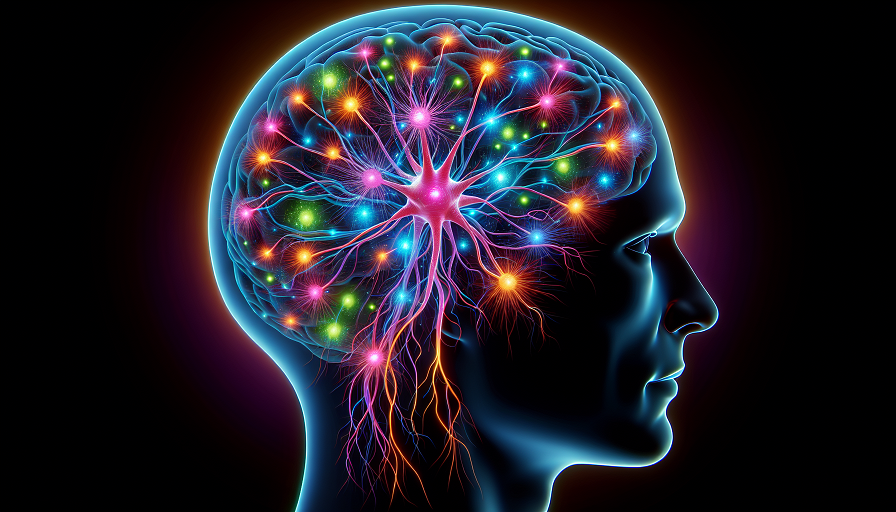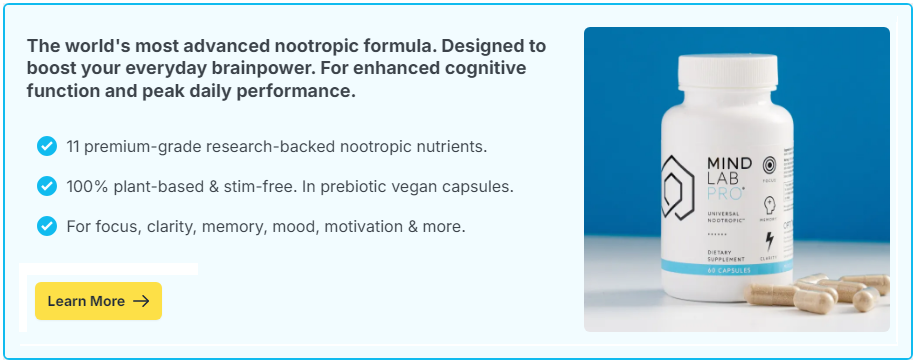
Have you ever marveled at how artists, writers, or scientists come up with their unique ideas? Creativity seems like a magical process, a burst of original thought that brings new concepts into existence. But digging deeper, there’s a lot more to creativity than mere inspiration. It turns out that memory plays a significant role in fostering creativity, revealing an intricate dance between recall and innovation.
Contents
The Brain’s Role in Creativity
Creativity is often thought of as an enigmatic gift, but at its core, it is a cognitive process that involves several areas of the brain. The frontal cortex, known for planning and problem-solving, works in tandem with areas like the temporal lobes, which handle language and memory. Together, they combine past experiences with current information to create novel ideas.
When you brainstorm or come up with a new concept, your brain is not creating something from nothing. Instead, it’s weaving together old memories and pieces of information stored in your brain in new and unique ways. This process is a testament to how memory is a crucial building block for creativity.
Understanding Memory: The Building Blocks of Original Thought
Memory is like a library of past experiences, knowledge, and emotions, which our brain constantly references. It allows us to access information and ideas that we’ve encountered before, which are necessary for generating new ones. Let’s explore two key types of memory that play significant roles in creativity: procedural and declarative memory.
Procedural Memory
Procedural memory stores our skills and abilities, like how to ride a bike or play the piano. While it might not seem directly related to creativity, when you’re improvising music or coming up with a new game strategy, procedural memory is what enables you to perform those complex tasks without having to consciously think about each step.
Declarative Memory
Declarative memory involves facts and events — things you know and remember. It breaks down further into episodic memory, which includes personal experiences, and semantic memory, which covers general knowledge about the world. These are the details that can inspire new ideas and solutions. For instance, a writer might draw on episodic memory to create realistic characters and settings based on past experiences.
How Memory Influences Creative Thinking
The interplay between memory and creativity reveals that past experiences often guide the birth of new ideas. Here’s how memory feedback aids creative thinking:
- Idea Association: The brain associates new information with existing knowledge. When encountering a problem, the brain searches its memory database for related experiences or concepts that may offer a solution.
- Mental Imagery: The ability to picture scenes or concepts in the mind is rooted in memory. Artists and inventors often visualize their creations before bringing them to life, drawing heavily on stored memory images.
- Pattern Recognition: Recognizing patterns from past experiences allows us to predict possible outcomes, an essential skill for innovation across various fields.
Nurturing Creativity Through Enhancing Memory
To enhance creativity, it is beneficial to improve memory capabilities. Certain practices can help bolster both memory and creative capacity:
Practicing Mindfulness
Mindfulness involves focusing on the present moment without judgment, which improves attention and working memory. Engaging in mindfulness practices, like meditation, can enhance your ability to recall information and promote a relaxed state of mind where creativity can flourish.
Challenging the Brain
Regularly engaging in activities that challenge your brain can improve memory and stimulate creative thought. This includes playing strategic games, solving puzzles, or learning new skills. Such activities strengthen brain connections, making it easier to link old ideas in innovative ways.
Expanding Knowledge Base
Broadening your horizons with new knowledge can feed your memory with a rich tapestry of facts and perspectives. Reading widely, exploring different cultures, or picking up new hobbies provides a broader pool of resources and inspiration for inventive ideas.
The Role of Brain Supplements
In recent years, there has been a growing interest in the use of brain supplements, often called nootropics, to enhance cognitive functions, including memory and creativity. These supplements are designed to improve cognitive abilities, boost mood, and increase mental clarity. While research is still ongoing, some studies suggest that certain supplements may have potential benefits in enhancing brain health and functionality.
Popular Nootropics
A variety of natural and synthetic substances are marketed as brain boosters. Here are some of the most popular:
- Omega-3 Fatty Acids: Commonly found in fish oil, omega-3s are known for supporting brain health and improving neuron communication, potentially boosting both memory and concentration.
- Bacopa Monnieri: An herb used in traditional medicine, Bacopa is believed to enhance memory, cognitive function, and even protect against cognitive decline.
- Ginkgo Biloba: Often used to improve cognitive function and memory, this natural supplement is thought to increase blood flow to the brain, supporting mental agility.
- Rhodiola Rosea: Known for its adaptogenic properties, Rhodiola may help reduce mental fatigue and enhance overall cognitive performance.
- Acetyl-L-Carnitine: An amino acid supplement that may help boost memory and learning capabilities by supporting mitochondrial function in the brain.
Sleep’s Influence on Memory and Creativity
You might not realize it, but getting a good night’s sleep is also crucial for both memory and creativity. During sleep, the brain processes and consolidates memories from the day. This allows it to make connections and find solutions that might not be possible when sleep-deprived. Adequate rest has been shown to lead to more effective problem-solving and inventive thinking.
Creativity’s deep-rooted connection to memory underscores the importance of nurturing both through various practices and habits. Whether through mindfulness, challenging mental exercises, sleep, or even thoughtfully chosen supplements, enhancing memory can cultivate one’s creative pursuits. As science continues to explore the complexities of the brain, the potential to elevate our creative and cognitive faculties seems limitless.

